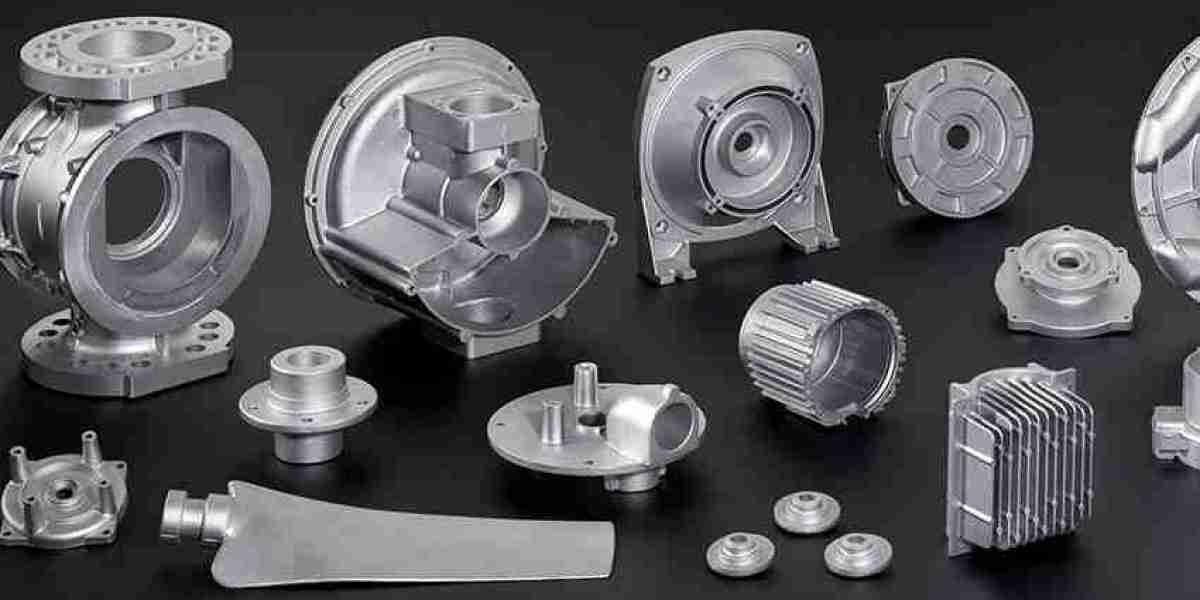The global aluminum castings market is witnessing significant growth due to increasing demand from the automotive, aerospace, construction, and industrial sectors. Aluminum castings are widely used for their lightweight properties, corrosion resistance, and excellent strength-to-weight ratio. This blog explores key market trends, growth drivers, challenges, and future prospects of the aluminum castings industry.
Aluminum castings are manufactured through various processes such as die casting, sand casting, and investment casting. These castings play a crucial role in reducing vehicle weight, improving fuel efficiency, and enhancing structural integrity in numerous applications. The rise in infrastructure development and industrial automation is further fueling market demand. With advancements in casting technology and recycling methods, aluminum castings continue to be a preferred choice in sustainable manufacturing practices.
To Get Sample Report Please Inquiry Here: https://www.transparencymarketresearch.com/sample/sample.php?flag=S&rep_id=31241
Key Market Drivers
Growing Demand in the Automotive Industry
Automakers are increasingly using aluminum castings to produce lightweight vehicle components, helping improve fuel efficiency and reduce emissions.Expansion in Aerospace & Defense Applications
The aerospace industry relies on aluminum castings for manufacturing critical aircraft parts due to their durability and lightweight nature.Rising Construction Activities
The construction industry is driving demand for aluminum castings in structural components, facades, and window frames.Advancements in Casting Technologies
Innovations such as high-pressure die casting and vacuum-assisted casting are enhancing product quality and production efficiency.Sustainability and Recycling Trends
The push for sustainability is driving increased use of recycled aluminum in casting processes, reducing environmental impact.
Recent Market Trends
Shift Towards Electric Vehicles (EVs): The growing EV industry is increasing demand for lightweight aluminum components.
Automation in Foundries: Adoption of robotic casting systems is improving efficiency and reducing labor costs.
Increased Use of 3D Printing: Additive manufacturing techniques are being explored for producing complex aluminum cast components.
Rising Investments in Aerospace Manufacturing: Governments and private entities are investing in advanced aluminum casting solutions for aviation.
Challenges & Restraints
High Initial Investment Costs: Setting up advanced casting facilities requires substantial capital investment.
Raw Material Price Volatility: Fluctuations in aluminum prices impact production costs and profit margins.
Environmental Regulations: Stricter emission norms and sustainability mandates affect manufacturing processes.
Future Outlook
The aluminum castings market is poised for steady growth, driven by technological advancements, increasing demand for lightweight materials, and expanding applications in emerging industries. The adoption of smart manufacturing techniques and sustainable production methods will shape the market's future landscape.
Conclusion
The aluminum castings industry is evolving with continuous innovation and expanding industrial applications. Companies investing in advanced casting technologies and sustainability initiatives are expected to gain a competitive edge in the market.














